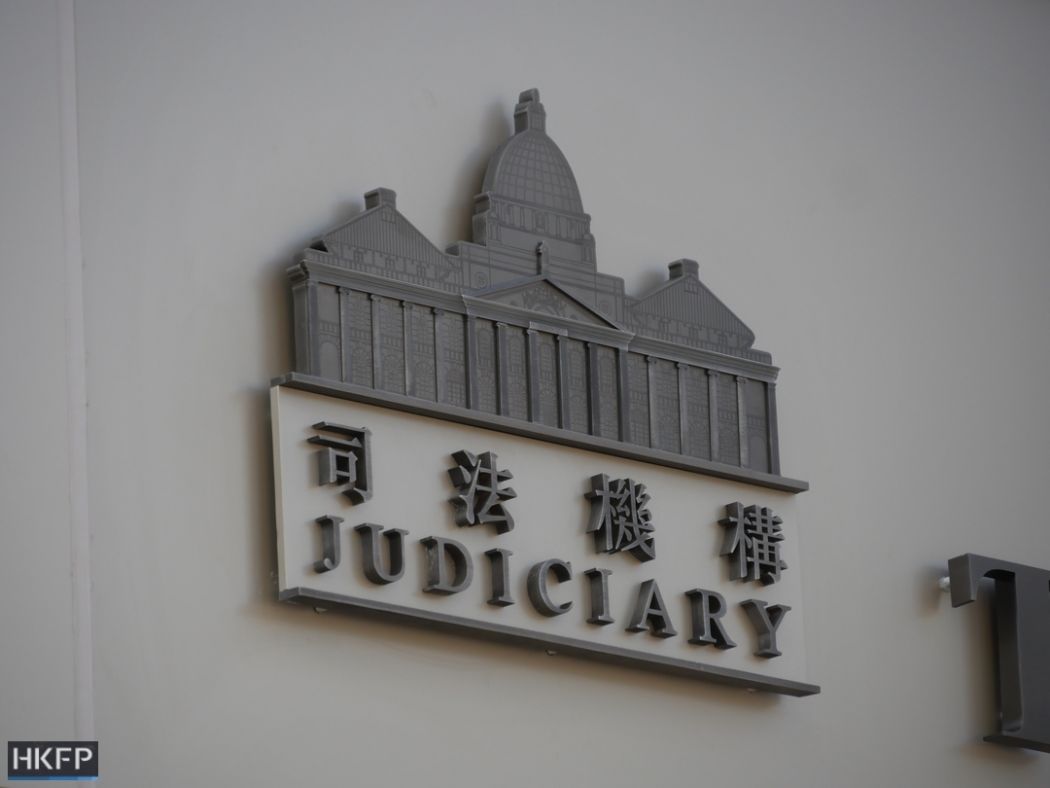Hong Kong’s top court ruled on Friday that the government does not have a duty to enact specific laws to make human trafficking a crime.
The legal challenge was launched by a Pakistani man – identified in court as ZN – who was tricked into working without pay in Hong Kong for almost four years. The man argued that his forced labour was a breach of Article 4 of the Bill of Rights Ordinance, which prohibits slavery, servitude and forced labour.

ZN’s lawyers argued that the Hong Kong government had a duty to set up a new offence to target the crime of human trafficking for forced labour.
However, the five Court of Final Appeal judges ruled on Friday that the government was under no such obligation.
“The [government] has a wide margin of discretion in the manner in which it complies with its positive obligations under [Article 4 of the Bill of Rights Ordinance], and there is no absolute duty… to maintain an offence specifically criminalising forced or compulsory labour,” wrote permanent judge Joseph Fok.
The court said that the government needed to take steps to afford “practical and effective protection” to the rights under Article 4, but it would depend on the facts of the case to see if such protection was achieved.

ZN’s case did not show that setting up a new offence was necessary, the judges concluded.
However, the Court of Final Appeal left the door open for future cases, saying that other cases may show a strong necessity and that the current model – described as a “patchwork of offences” – may not be enough.
Not ‘off the hook’
In a statement, ZN’s lawyer Patricia Ho said that the Hong Kong government was not “off the hook” despite its court victory.
“It is past time for Hong Kong to criminalize human trafficking and forced labour,” Ho wrote. “The fact that human trafficking and forced labour are not crimes in Hong Kong is abhorrent.”
“The reality is that until forced labour and human trafficking are specifically criminalised in Hong Kong, frontline law enforcement officers won’t have the tools they need to fix the problem and any effort to tackle it would only be cursory and subpar.”

Ho argued that Hong Kong was “languishing behind” most developed country in tackling human trafficking and that the government only managed to identify one such victim in 2019 – which she said proved the existing system was inadequate.
ZN wrote in a statement that he took his case to court because he “would not want anyone else to experience the trauma” he went through.
“No one should be treated like I was. For many years, I lived in fear and helplessness,” he wrote. “I experienced inhumane treatment at the hands of my employer and had to suffer doubly by the refusal and indifference of the Hong Kong law enforcement agencies to assist and protect me. Being ignored by them made the indignity worse.”
“I hope that by bringing this case it can make Hong Kong realise they should not force vulnerable people like me to sue them before starting to listen and take action. They should be protecting us.”

ZN was tricked into coming to Hong Kong in 2007 and was forced to work in a small office for up to 15 hours a day without pay. His employer threatened his life, that of his family members, and subjected him to regular beatings.
He filed a judicial review against the government in 2015 after failing to receive help from the Immigration Department, the police and the Labour Department.
The Court of First Instance ruled in ZN’s favour in 2016, with judge Kevin Zervos recognising him as a victim of forced labour and faulting the government in failing to protect his rights.
However, the government partially won the case on appeal, as the Court of Appeal ruled that there was no duty for the government to set up a specific offence.
Hong Kong Free Press relies on direct reader support. Help safeguard independent journalism and press freedom as we invest more in freelancers, overtime, safety gear & insurance during this summer’s protests. 10 ways to support us.

